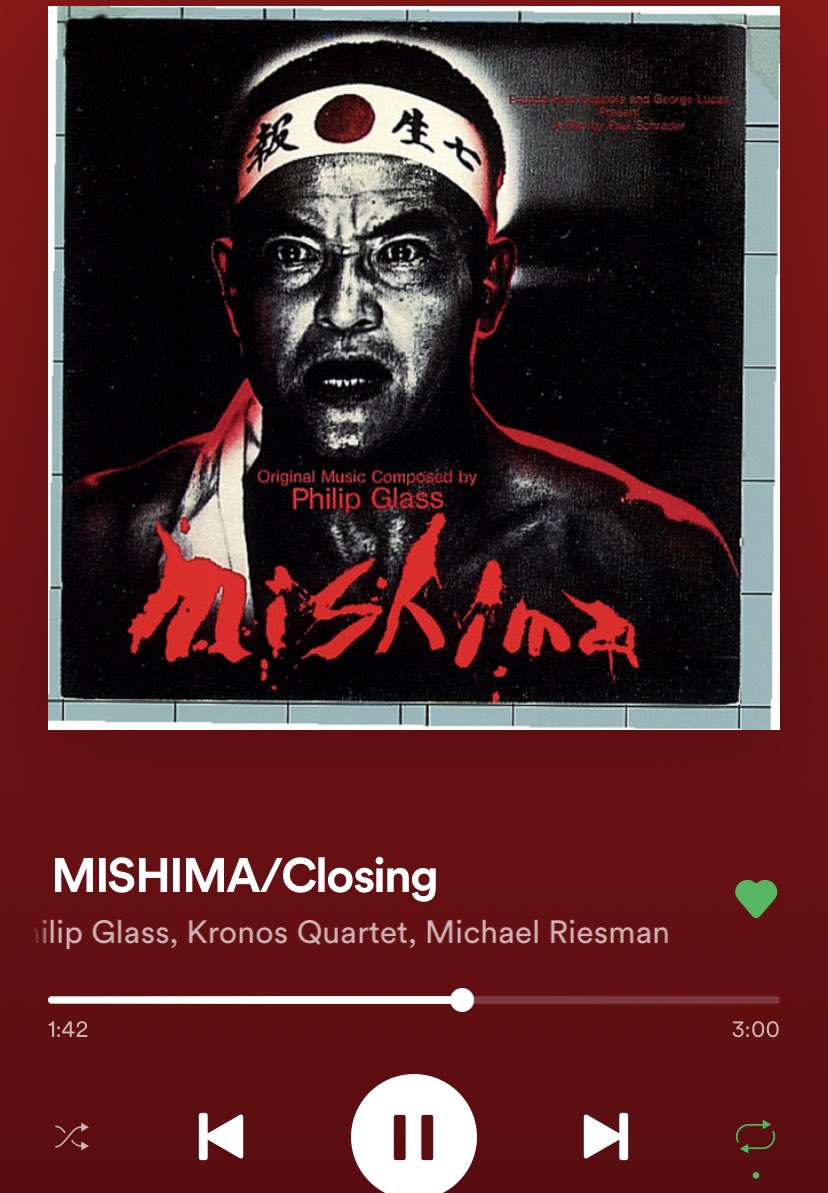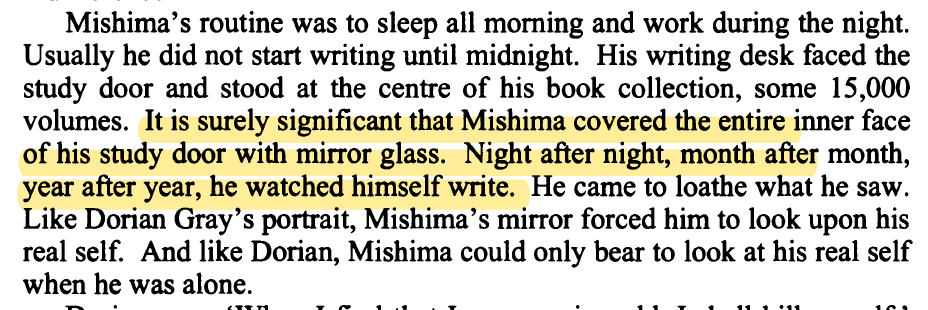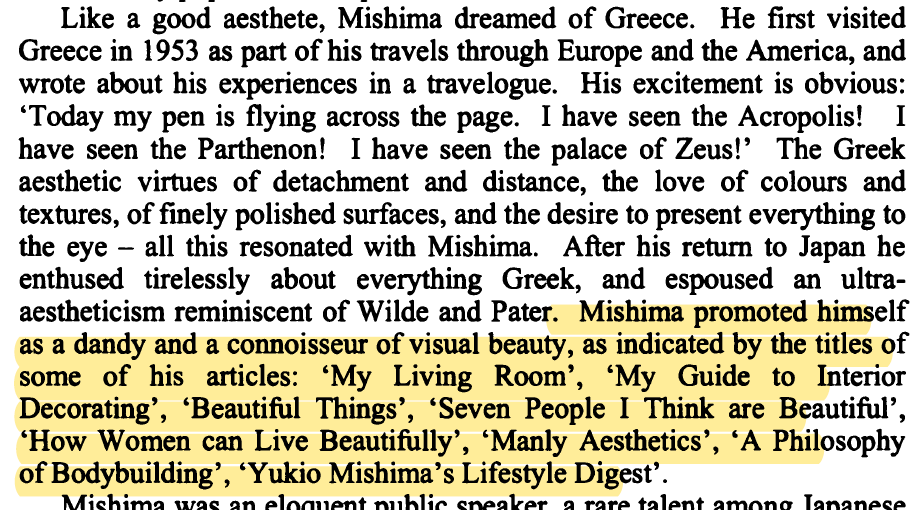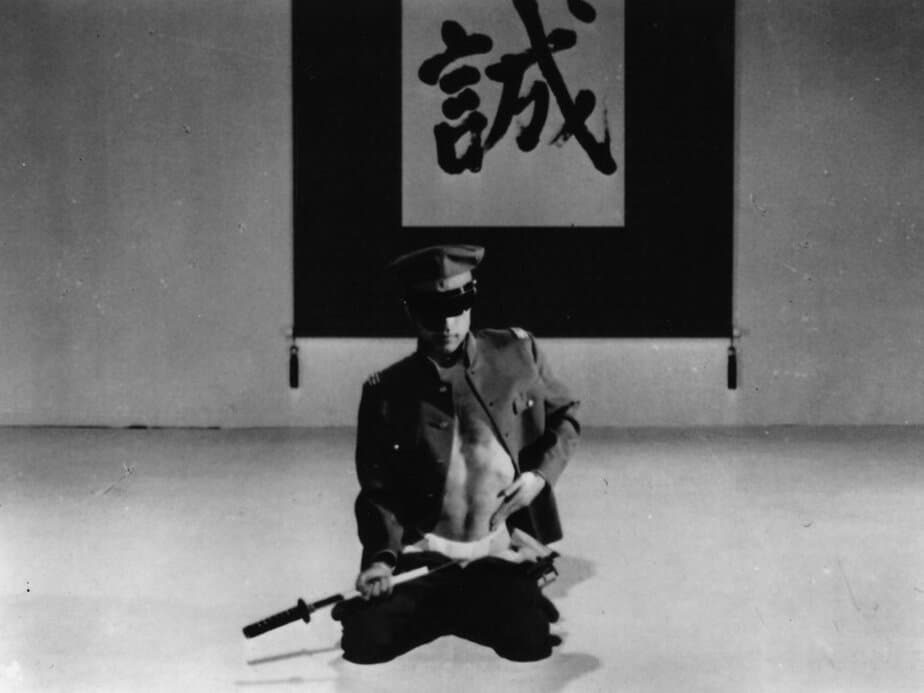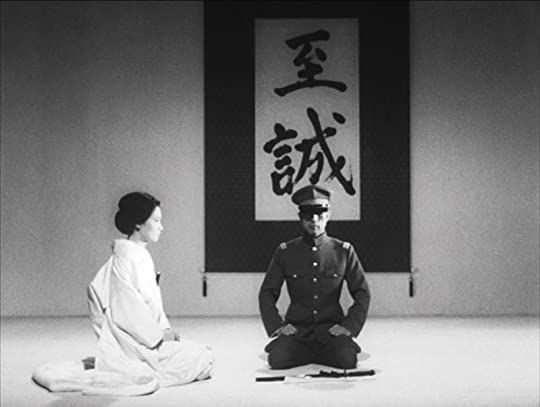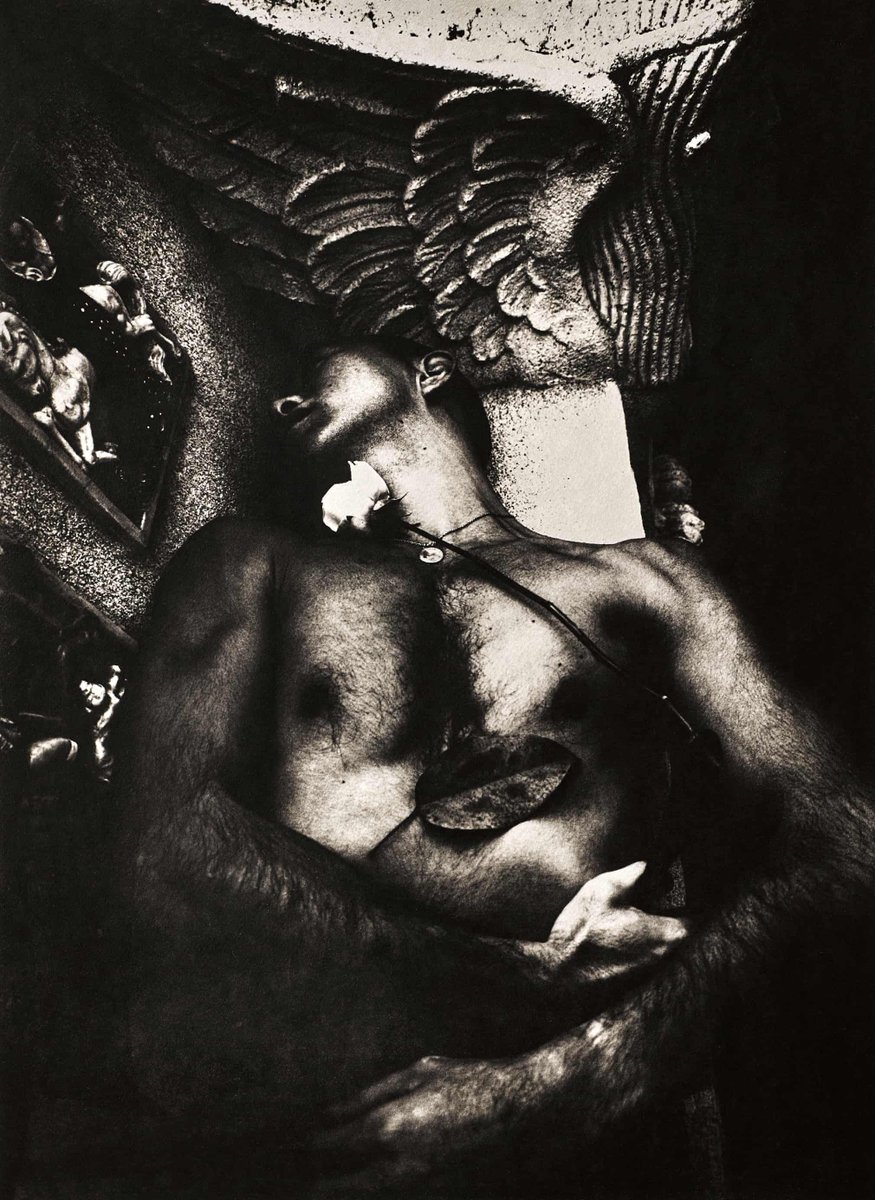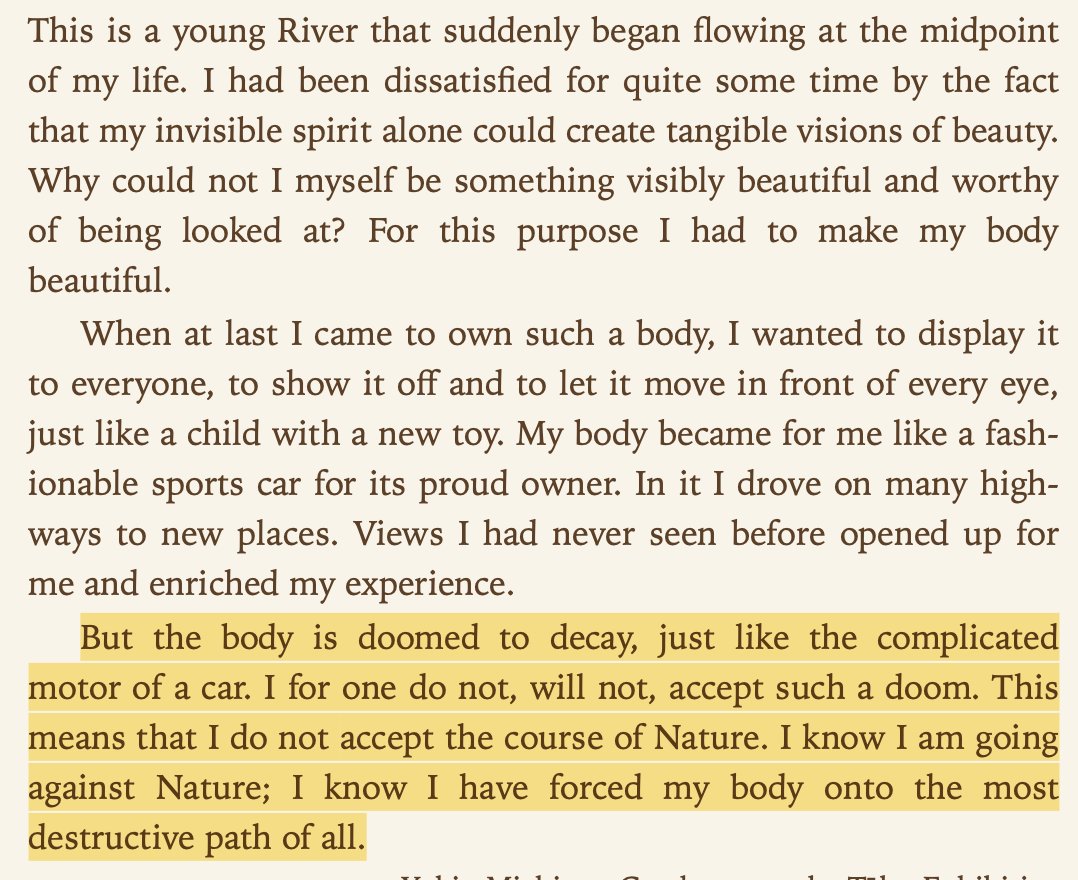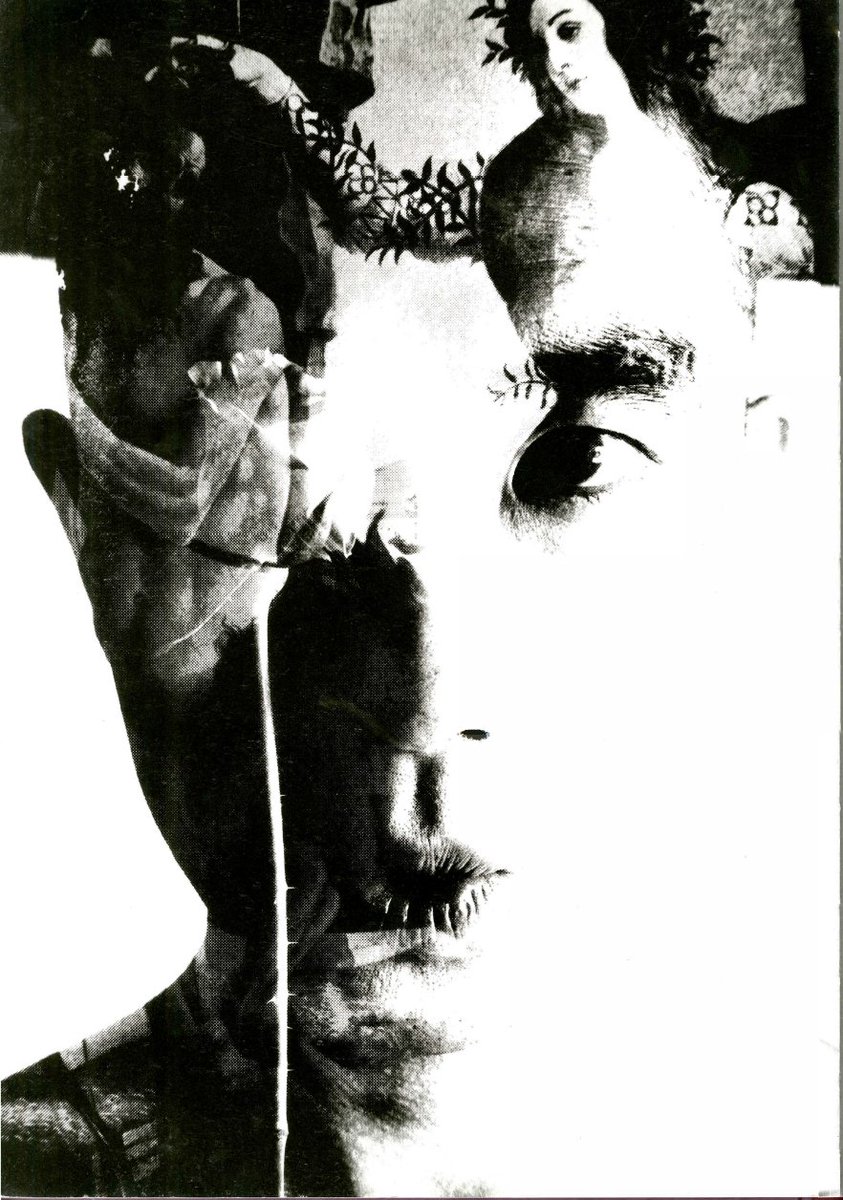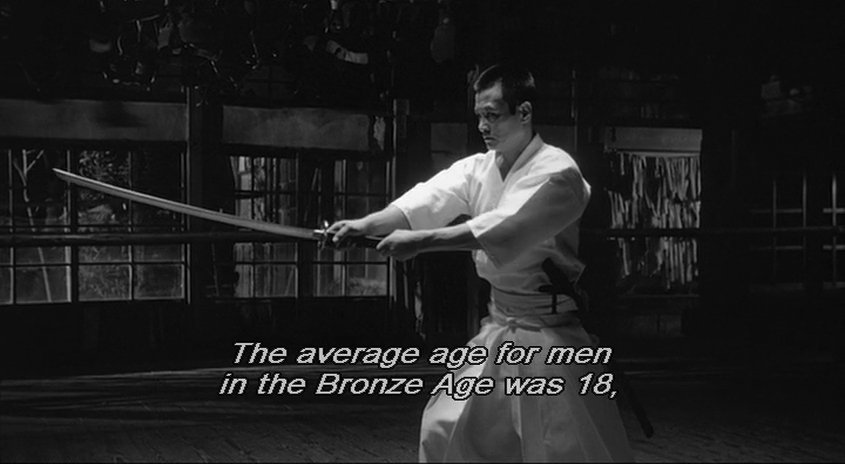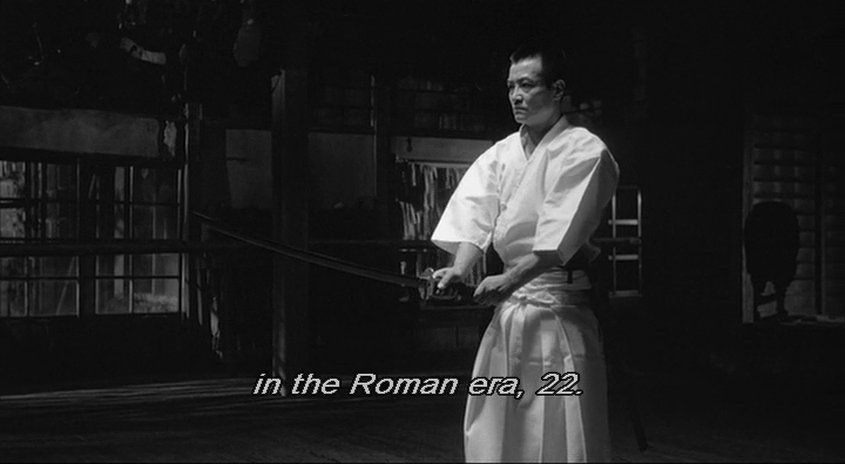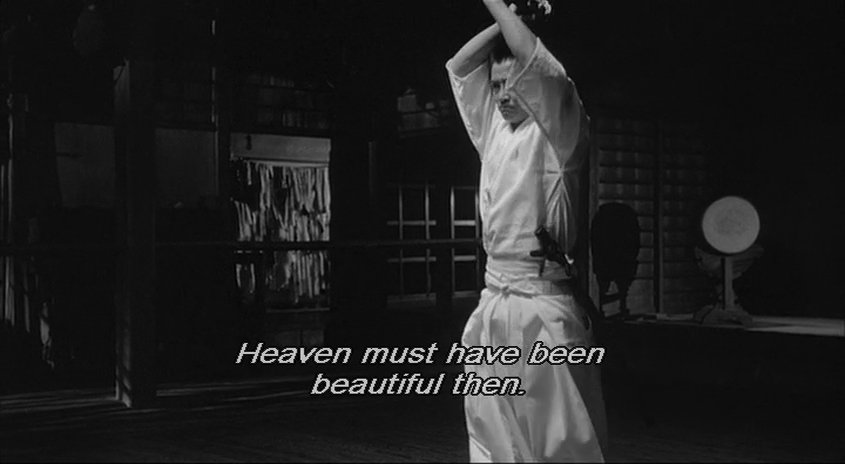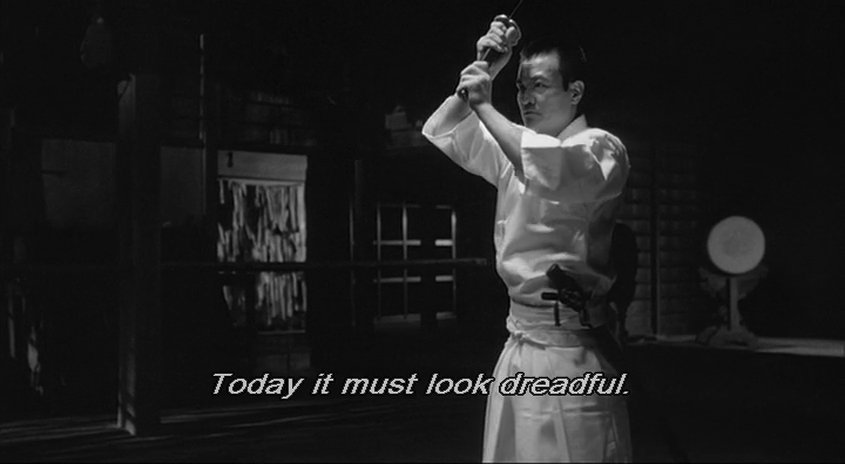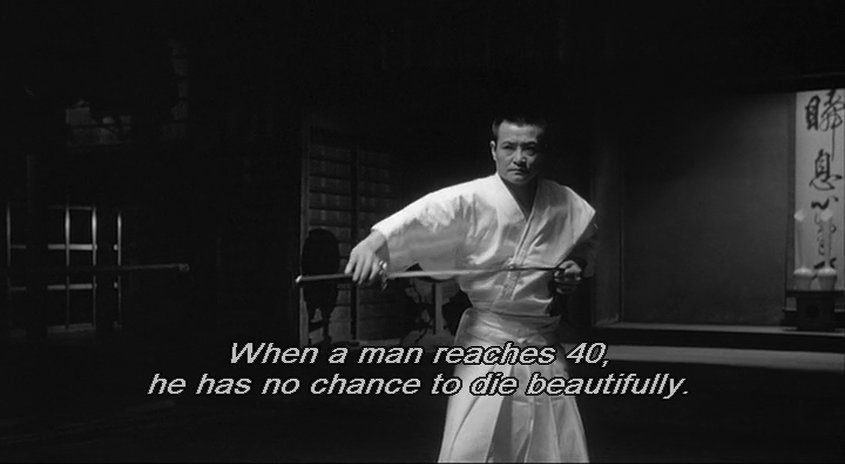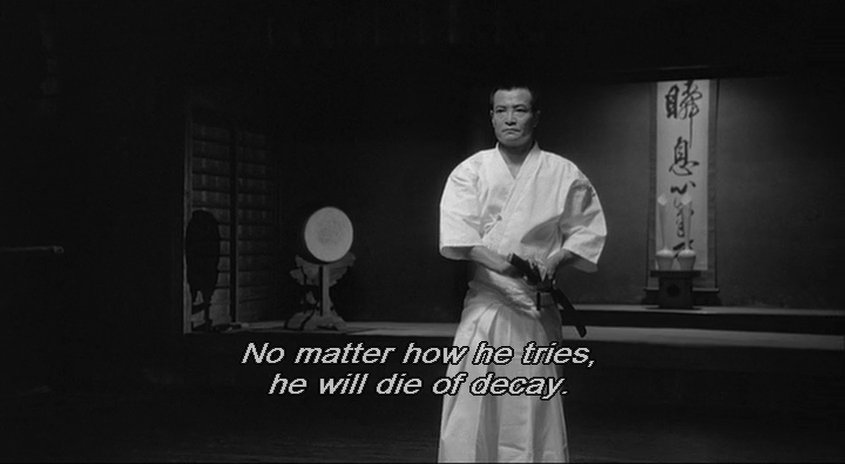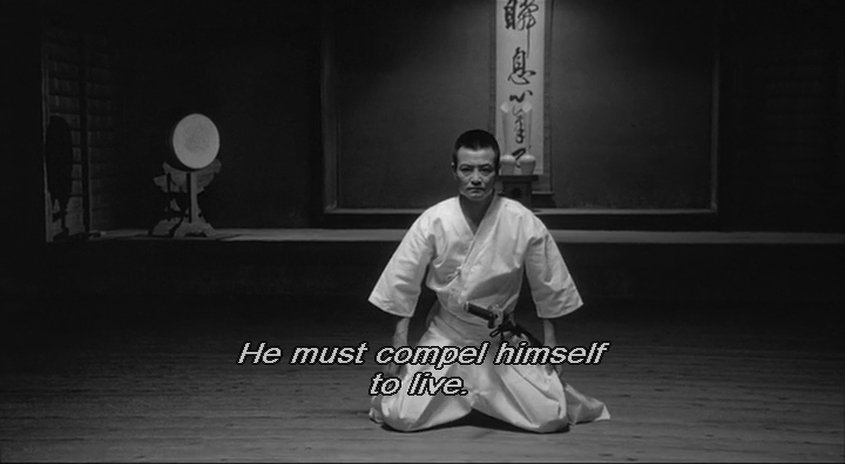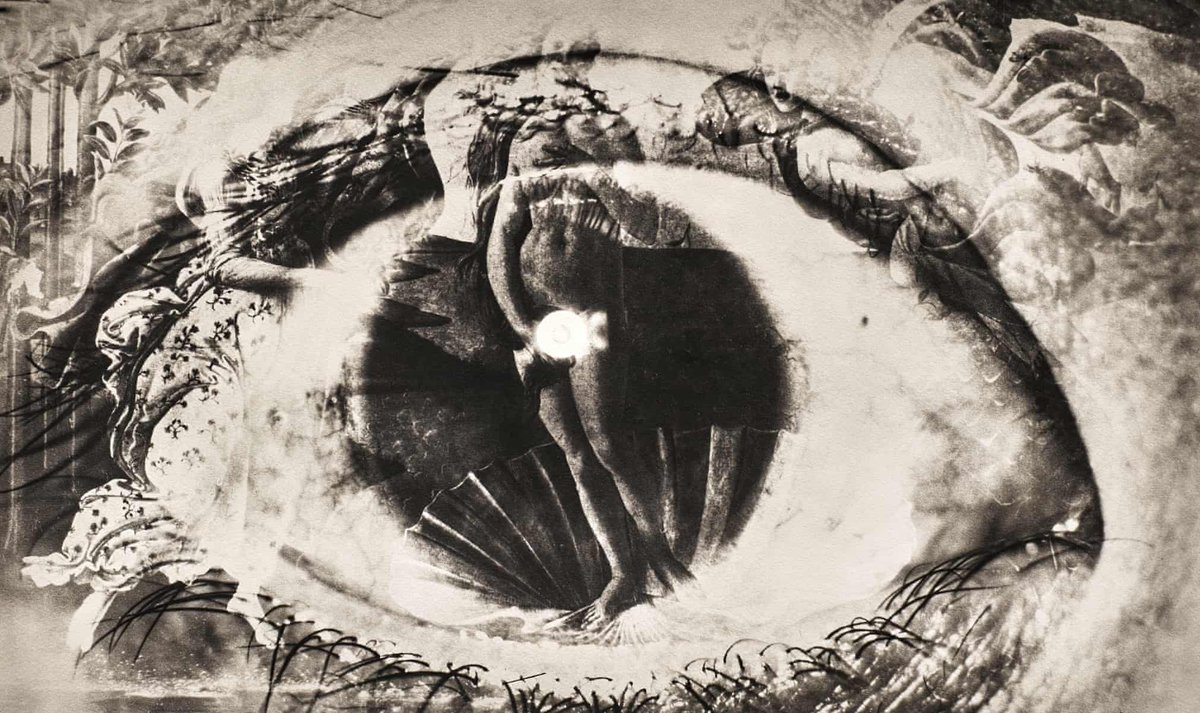Somewhere there must be a higher principle which reconciles art & action. That principle, it occurred to me, was death. A ring that resolved all contradictions, a ring vaster than death more fragrant than any scent I have ever known. Here was the moment I had always been seeking https://twitter.com/dylanmatt/status/1329825543886413827">https://twitter.com/dylanmatt...
One could argue that for Mishima, only in Death would his coup be successful for he believed it would prove that the Emperor was actually present as God. Thus, Mishima’s sacrificial death was meant to revive the belief in the ‘Emperor’ (not Hirohito but later ones) as God
Did he really believe the soldiers would rally to his call? I doubt it — he prepared jisei no ku (traditional death poems) well in advance and made provision for his wife and children. Through his Death he wished to end the Emperor as an empty symbol, a mere idol
humorless rw bodybuilders have of course turned Mishima into a hyper-masculine cringey tyler durden, ignoring his overwrought, campy homosexual side; but his life was so rich and yet so tragic, and his psyche so complex and yet so single minded, that he remains fascinating to me
Mishima foreshadowing contemporary rw aesthetic sensibilities?!
". . .ironic eclecticism being another feature of his aesthetic creed. & #39;My ideal lifestyle,& #39; he quipped, & #39;would be to sit on Rococo furniture while wearing Chinos and a Hawaiian shirt.& #39;"
". . .ironic eclecticism being another feature of his aesthetic creed. & #39;My ideal lifestyle,& #39; he quipped, & #39;would be to sit on Rococo furniture while wearing Chinos and a Hawaiian shirt.& #39;"
"It is surely significant that Mishima covered the entire inner face of his study door with mirror glass. Night after night, month after month, year after year, he watched himself write. He came to loathe what he saw."
"Mishima confined literature to one room in the house, his study on the second floor. He explained that he wished to & #39;avoid the stench of literature for as many hours as I can each day.& #39;"
"Like a good aesthete, Mishima dreamed of Greece... Mishima promoted himself as a dandy and a connoisseur of visual beauty, as indicated by the titles of some of his articles: & #39;My Living Room& #39; & #39;My Guide to Interior Decorating& #39; & #39;Beautiful Things& #39; & #39;Yukio Mishima& #39;s Lifestyle Digest& #39;
"Harakiri [Seppuku] is a very positive, very proud way of death. I think it’s very different from the Western concept of suicide. The Western concept of suicide is always defeat itself. Mostly. But harakiri [Seppuku] sometimes makes you win."
It& #39;s been fifty years since Yukio Mishima took a yoroidōshi, a foot-long dagger, pricked the skin on his abdomen, shouted a last salute to the Emperor
“Tennō Heika Banzai!
Tennō Heika Banzai!
Tennō Heika Banzai!”
then drove the dagger into his body with all his strength.
“Tennō Heika Banzai!
Tennō Heika Banzai!
Tennō Heika Banzai!”
then drove the dagger into his body with all his strength.
刃が彼の肉を引き裂いた瞬間…太陽の明るい円盤が彼のまぶたの後ろに舞い上がり、爆発しました…一瞬空を照らしました。
The instant the blade tore open his flesh… the bright disk of the sun soared up behind his eyelids and exploded… lighting the sky for an instant.
The instant the blade tore open his flesh… the bright disk of the sun soared up behind his eyelids and exploded… lighting the sky for an instant.
[Interviewer] Suicide for the Japanese, is an important act. Is there a justification for suicide in your eyes?
[Mishima] We have two kinds of suicide in Japan. One for the weak or vanquished and one for the strong and courageous. I detest the former and admire the latter...
[Mishima] We have two kinds of suicide in Japan. One for the weak or vanquished and one for the strong and courageous. I detest the former and admire the latter...
From the profoundest depth of oneself, so the Japanese believe, a yearning for the cruel ecstasy of death exists, of the ritual suicide and especially for the granting of voluntary sacrifice for the sacred justice.
— Interview with Paul-Louis Mignon
— Interview with Paul-Louis Mignon
"in the sweetness of this odor was contained, somehow, the essence of the young death. The lieutenant’s naked skin glowed like a field of barley and everywhere the muscles showed in sharp relief. From the heights he plunged into the abyss, & from the abyss he took wings & soared
Looking at the slender white figure of his wife the lieutenant experienced a bizarre excitement. What he was about to perform was a act in his public capacity as a soldier, something he had never previously shown his wife. It called for a resolution equal to the courage to enter
battle; it was a death of no less degree and quality than death in the front line. It was his conduct on the battlefield that he was now to display... To consciously capture the best moment of life in tragedy, one must pursue the blissful death."
— Mishima, Patriotism
— Mishima, Patriotism
"But the body is doomed to decay, just like the complicated motor of a car. I for one do not, will not, accept such a doom. This means that I do not accept the course of Nature. I know I am going against Nature; I know I have forced my body onto the most destructive path of all."
“The Japanese sometimes think that death is more beautiful than life. This is a kind of destruction aesthetics. The Japanese think that the blooming cherry blossoms are beautiful, but the withering ones are more beautiful.”
— Ye Weiqu, "History of Japanese Literary Trend"
— Ye Weiqu, "History of Japanese Literary Trend"
"The average age for men in the Bronze Age was 18, in the Roman era, 22. Heaven must have been beautiful then. Today it must look dreadful."
— A Life in Four Chapters
— A Life in Four Chapters
"When a man reaches 40, he has no chance to die beautifully. No matter how he tries, he will die of decay. He must compel himself to live."

 Read on Twitter
Read on Twitter